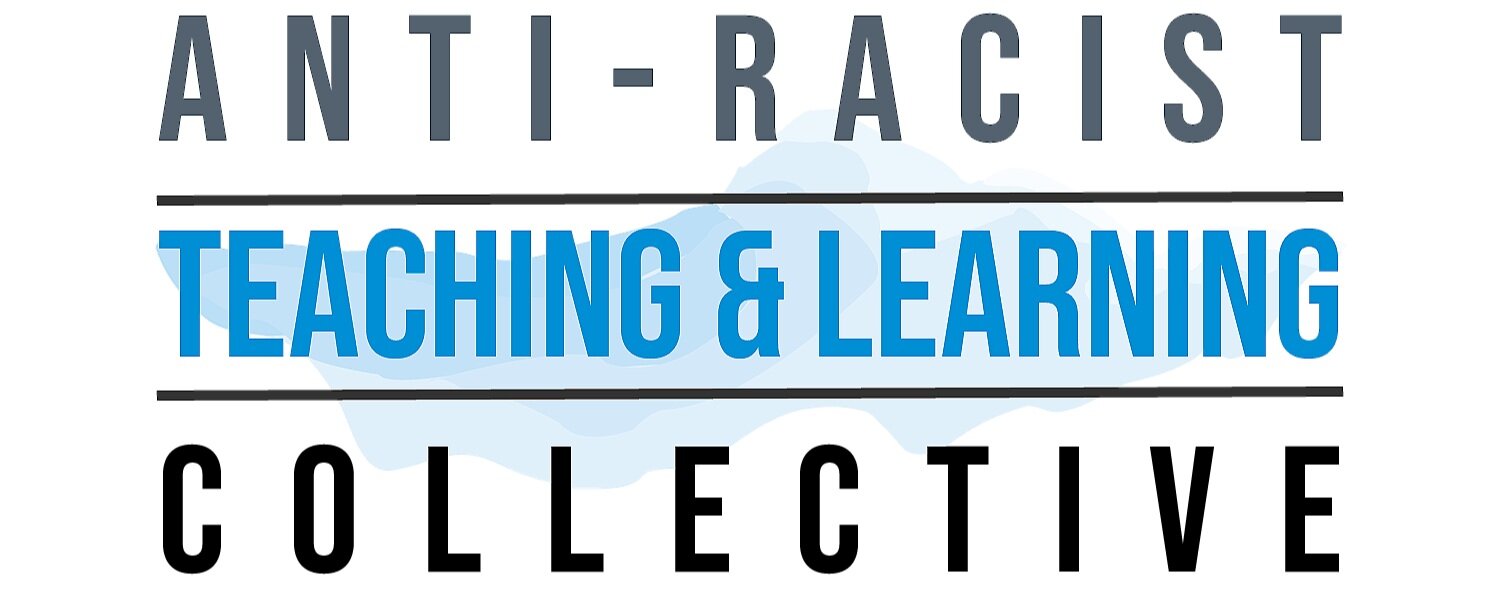A Virtual Sitdown with Mariam Khan
My name is Mark Hu, and I am a sophomore at Hamden High School. Recently, I had the
opportunity to conduct a Zoom interview with Hamden Board of Education member Mariam
Khan. After her election in 2021, she became the first Muslim member of the BOE. Below is an
edited summary of our thirty-minute conversation.
Q: As we both know, you decided to run for a seat on the Hamden Board of Education.
What inspired you to run, and now that you have won, how do you feel about your historic
victory?
A: That's a great question. What inspired me to run was the 13 years I spent in the
Hamden Public Schools system. There was a lot in HPS, whether it be the students, teachers, or
just people who worked there that you saw every day. It was just that sense of family I think I
had with the people growing up, and knowing that so many of the kids I grew up with also went
through these schools. I've realized that there's lots of capacity here to make a change, and it's
surreal now to be here. It's exciting to see that I'm coming back, in many ways, to contribute the
things I've learned– the policy skills, organizing skills, those kinds of things– and infusing it
back as best as I can to support the community.
Q: What do you think about race, bias, and identity in our society? Do you believe that
there's an issue, and if so, should schools start teaching about those topics?
A: I've grown up as the daughter of Pakistani immigrants, I'm not fair-skinned, and I have
ethnic features. Growing up, that was at the forefront of my experiences. I used to dread when
we had to go around and talk about where we were from and share the country we were from,
knowing the stigma, whether it be around terrorism or Islamaphobia, or whatever it might be.
There was that kind of fear. I think we need to be honest and courageous, not only when having
those conversations but in our actions in addressing systemic racism historically. Seeing Hamden
as a district with so many black, brown, and religiously diverse students, it needs to be
something we tackle. We are actively hurting so many of our students if we're not looking into
those things.
Q: Given your previous answer, what curriculum changes should occur to ensure students
are taught about racism, bias, and identity correctly? Do you think we need new classes, policies,
or curriculum changes?
A: Education boards should be open about these conversations. They have to recognize
that if we can't name the problem, we can't solve it. Additionally, if we don't have students,
teachers, or faculty in the room as we try to solve these issues, we're not solving those issues.
That's always been one of my frustrations. If we want to create genuine solutions, we need to do
it with students and teachers in mind. When it comes to policy, we need transparency.
Sometimes, students wonder what's going on– like, how did that policy get made? People are
often out of touch.
Q: Now that you represent thousands of people in the town, there will be many different
opinions. One thing that I always ask politicians is, how will you deal with opposing voices?
Will you appropriately address them? Will you brush them aside?
A: That's a great question. Conflict always comes up, and whatever setting it might be,
there will always be opposing ideas. For me, I take that as an opportunity to expand my thinking;
It's a chance to enhance my sense of reasoning. As a more general rule, there's plenty of space to
have civil discussions. For me, it's about bringing people into the work that I do, not pushing
them away because of their opposing ideas– it's about letting that discussion happen. I'm always
willing to listen to voices different from my own.
Q: As an elected official, do you think there's anything that we can collectively learn
from discussions of race, identity, and bias in society?
A: We can take this as an opportunity to learn that discussion intertwines itself in our
lives and community. Such discussions can lead to decisions that impact how communities and
societies function. They can open our minds and push us to act upon issues that we'll go through
in the future.
It was a pleasure speaking with Mariam. Throughout the interview, she provided great
thought and depth in her answers and was upfront about her thinking. Leaving the interview, I
thought about how I could advance my beliefs, whether in activism, discussions, or simple
thoughts
Image sourced from New Haven Register
